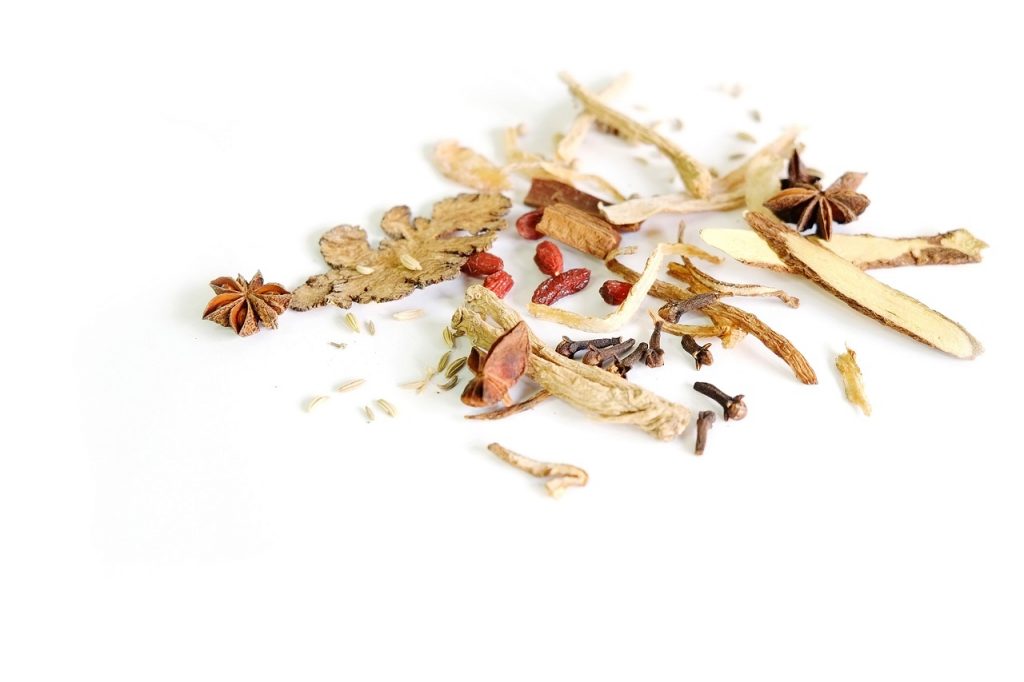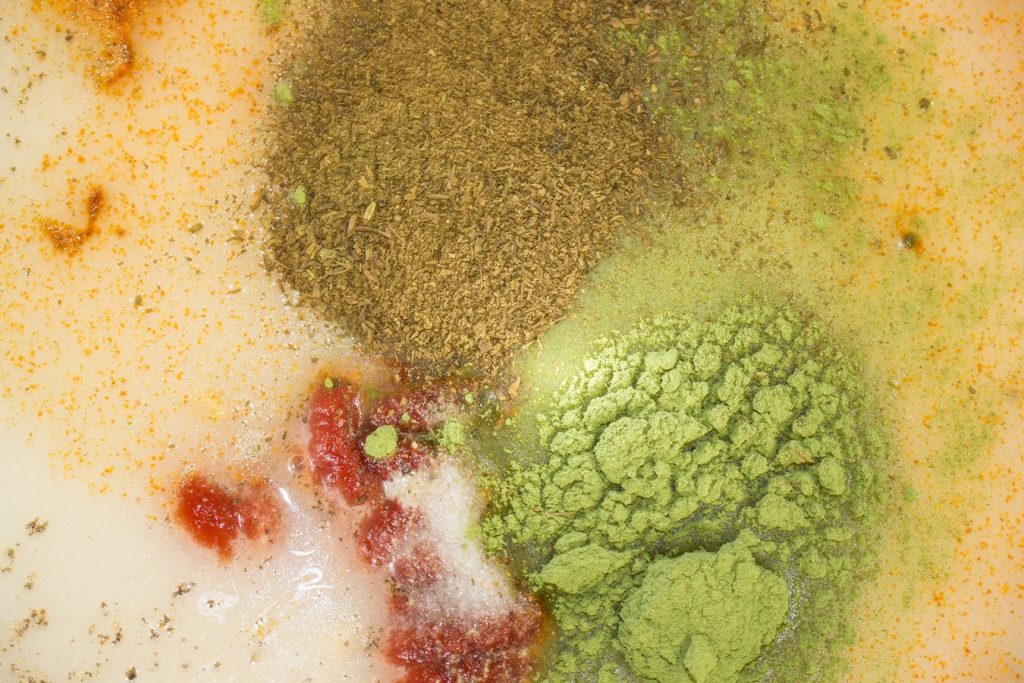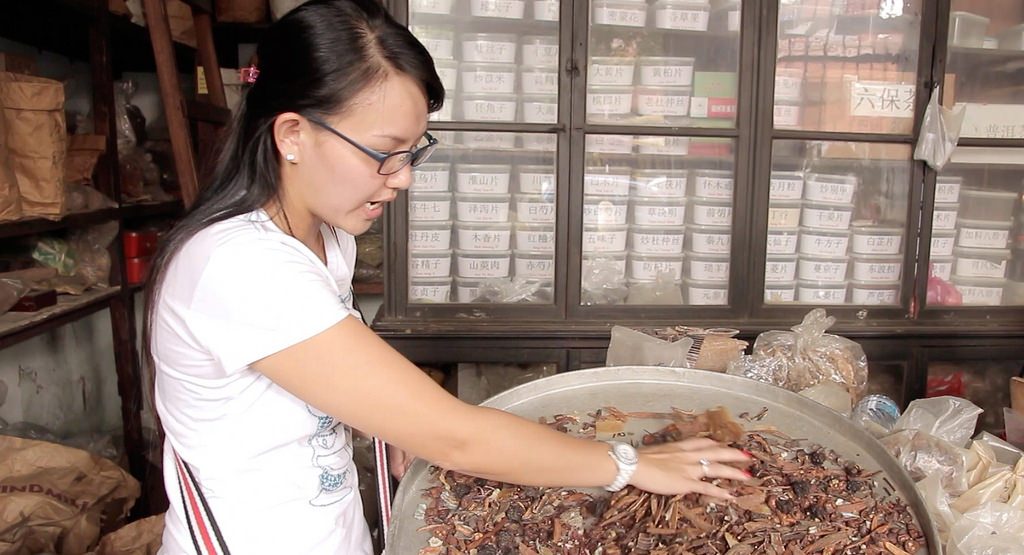Traditional Chinese medicine (TCM) has evolved over thousands of years. TCM practitioners use various mind and body practices (such as acupuncture and tai chi) as well as herbal products to address health problems. – D. Craig Hopp, Ph.D., and David Shurtleff, Ph.D.
Herbs are one of the most generally used items in Traditional Chinese Medicine (TCM). The Chinese have been using herbs for centuries to cure illnesses and diseases even before western modernization. There are various modern medicines developed from Chinese herbs proving their efficacy. Currently, there is an estimated count of 300 clinically proven Chinese herbs that can be used to increase modern medicine efficacy and reduce long-term side effects.

Herbology
The usage of herbs for treatment is called Herbology. Herbology is a treasured traditional way of treatment, which is still being enhanced presently. TCM evaluates the medical substances found in herbs and their effect on the organs of the body. Patients are given formulations according to the symptoms. The common method of application is by making a decoction or by making honey-bound pills. Powdered extracts and easy to ingest capsules and tablets have currently replaced these methods of preparation due to bad taste and other inconveniences.
Application
Here are some of the Chinese medicinal applications and preparations:

- Herbal decoction: This is a lengthy procedure of herbal essence extraction, which results in a tea with strong aroma and taste. This herbal preparation in Chinese culture is the most traditionally used. A child will usually avoid medicine prepared this way due to the taste.
- Herbal powder: Herbal powder is very convenient to use and easier to prepare. Blending with hot water is done for immediate consumption. Compared to decoctions, it is not weird smelling.
- Chinese Patent Formulas: These formulas are well-liked outside of China. Exported Chinese medicines are usually in this form. They are usually in tablet and pill form and are very suitable for storage.
- Syrups: Syrups are the easiest way to administer herbal medicine to children compared to the other traditional means.
- Liniments: Liniments are applied externally. They are composed of medical products such as compresses, plasters, and salves. They are also applied in conjunction with Chinese acupuncture for better effects.
Commonly Used Chinese Herbs
These are the most popularly used Chinese herbs on the market. These herbs are known for their efficacy and their wide variety of usage.

- Huangqi (Astragalus): This herb is useful for immune deficiency, allergies, and autoimmune problems. It is also helpful for Individuals with AIDS and hepatitis.
- Baizhu (Atractylodes): It aids in the absorption of nutrients and moisture to the blood during digestion. It is also a good therapy for gas, bloating and other digestive disorders.
- Chaihu (Bupleurum): The root of this herb is in demand as an oriental medicine in China and Japan. It eases inflammation and normalizes hormone production. It is helpful for healing arthritis, skin disorders, ulcers, and liver diseases.
- Renshen (Ginseng): This herb is popular all over oriental countries. It is a very good antioxidant which helps regulate blood pressure, normalizes blood sugar, and enhances the immune system.
Herbal medicine is a good alternative for contemporary treatment. It is a natural remedy and is less expensive compared to modern drugs. It is just a matter of knowledge and research to find the right herb needed. “Plant-based medicines may be effective as stand-alone treatments or as supplements to pharmaceutical interventions,” says Tori Rodriguez, MA, LPC.
Remember that we need to do everything to care for our body and mind, altogether. “Your health and well-being come first,” said Stephanie Sarkis, Ph.D, a psychotherapist.